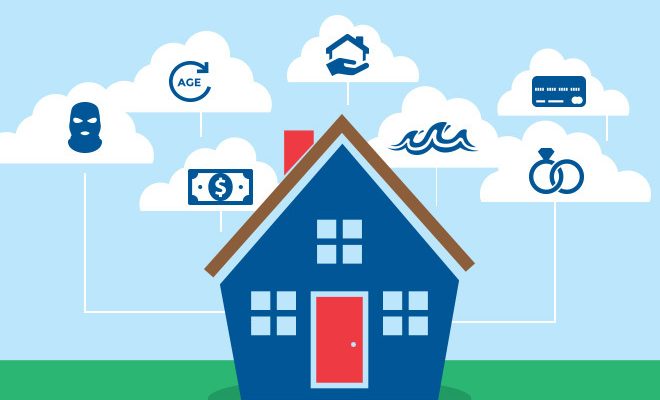Running a household is an expensive affair, but there are lots of things that you can do to minimize the costs. Lowering your expenses helps you stay within your budget and save for goals like buying a house or adding to your retirement income. Here are eight ways to reduce household expenses.
- Install a smart thermostat and set it to run less when no one is home
- Turn off lights when they aren’t in use
- Wash your laundry in cold water
- Turn down the temperature on your hot water heater
- Only buy Energy Star appliances
Start looking around, and you’ll find many ways to reduce your energy consumption and energy bills.








